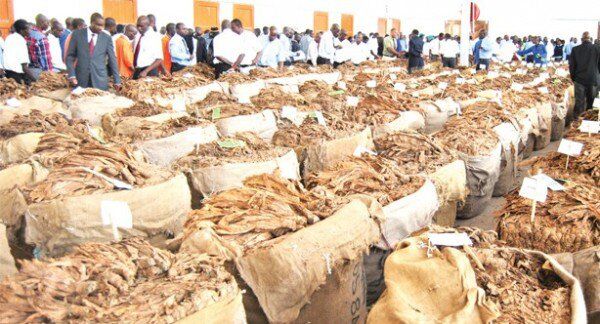
Malawi will have a reduction in income from cash crops which farmers grow in the country, a food security outlook has indicated.
This is according to Famine Early Warning System Network (FEWS NET) which earlier this month released a February to September Malawi food security outlook.
According to FEWS NET, decrease in incomes from cash crops is expected this season as a good number of farmers in the country grew few cash crops.
FEWS NET says many farmers significantly reduced the area planted for tobacco and cotton because of consecutive poor marketing years for these crops, as well as losses incurred from two consecutive years of drought.

The body says this is expected to lead to a decrease in income at the macroeconomic and household level this season. According to FEWS NET, factors contributing to these decreases include the large rural population receiving humanitarian assistance, which is reducing pressure on the markets, as well as the normal and above-normal levels of rainfall received this season.
“Reductions in incomes from cash crops are expected this season due to a decline in the area planted by farmers. Many farmers significantly reduced the area planted for tobacco and cotton because of consecutive poor marketing years for these crops, as well as losses incurred from two consecutive years of drought. This is expected to lead to a decrease in incomes at the macroeconomic and household level this season,” reads part of the outlook.
The outlook further states that the food prices will decrease earlier and much sharper than expected and this trend will likely continue through May.
The body further says that food insecure populations in central and southern Malawi will face stressed acute food insecurity outcomes, in the presence of humanitarian assistance.
These outcomes are expected to continue in March, during the peak lean season.
The report also states that after March, outcomes should improve to minimal for most areas as households start consuming food from their own production.
However, households in the Lower Shire livelihood zone, a chronically food insecure area, will be stressed because they will not have fully recovered from the impact of two consecutive years of drought and the significant reduction in cotton production.














